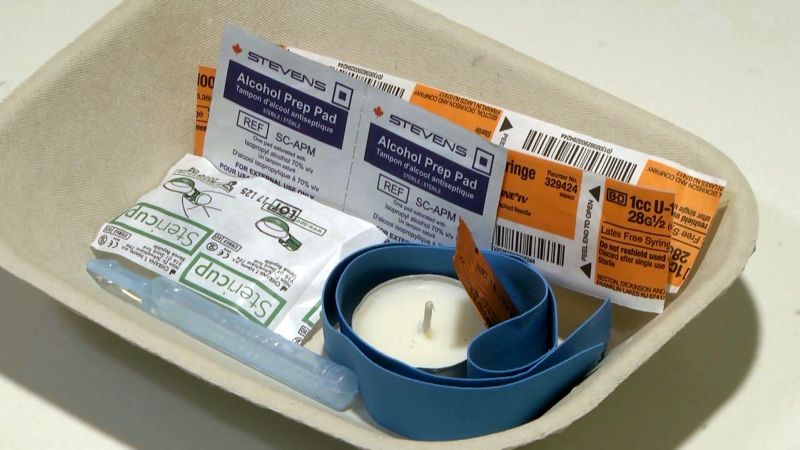It’s the next phase of London’s local drug crisis: the Middlesex-London Health Unit has submitted the first application for a temporary overdose prevention site (TOPS).

With the establishment of more permanent supervised consumption facilities still months away, the minister of health and long-term care’s recognition last month of a public health emergency is paving the way for the urgent establishment of temporary services.
The MLHU and its partners began searching for a suitable TOPS location immediately after the announcement, and they’re expected to name its location in the following days. It will be set up somewhere in downtown London, and Medical Officer of Health Chris Mackie says it won’t end the drug crisis — but it will offer links to other valuable resources.
“With the input of neighbourhoods where the need is greatest, combined with new tools that will allow us to begin this work, we are now closer to being able to implement solutions for those at greatest risk,” he said.

Get weekly health news
Initial data from public consultations about supervised consumption facilities (SCFs) showed the importance of having wraparound services, including ways of getting support, treatment, and rehabilitation.
The MLHU says the facilities benefit the public by reducing the risk of injury and death while connecting people with the services they need.
“This is a life and death matter and I am pleased with the provincial announcement to support the immediate opening of Temporary Overdose Prevention Sites,” said Sonja Burke, director of Counterpoint Harm Reduction Services at Regional HIV/AIDS Connection.
“This recognizes that every life is valuable and harm reduction is a critical part of the addictions continuum.”
In the first half of 2017, the MLHU says at least 1,460 people died because of an opioid-related overdose and the number could rise higher than 4,000 after factoring in year-end data.
In 2016, there were 2,861 recorded deaths.
The MLHU has been getting strong support from partner agencies, including Southwestern Ontario Aboriginal Health Access Centre, Regional HIV/Aids Connection, London CAReS, Addictions Services of Thames Valley, London Intercommunity Health Centre, and the Canadian Mental Health Association.











Comments